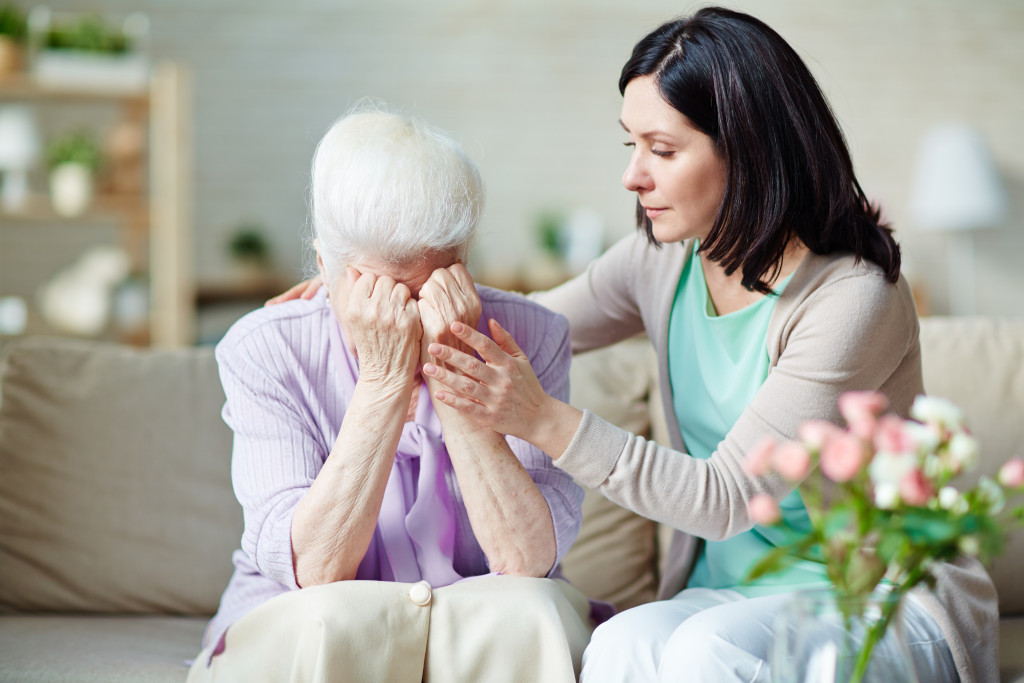Nursing home abuse is a problem that is all too common. According to the National Center on Elder Abuse, as many as 1 in 6 seniors who live in nursing homes are abused. And unfortunately, these numbers are only increasing as the baby boomer generation ages.
As someone who loves and cares for a nursing home resident, you must know how to protect your loved one from abuse. If you have a loved one living in a nursing home, it’s essential to be aware of the signs of abuse and what you can do to protect your loved one from becoming a victim.
Signs of Nursing Home Abuse
There are many different types of nursing home abuse, but some of the most common signs to look for include:
Physical abuse
Many victims of physical abuse in nursing homes suffer from bruises, broken bones, and other injuries resulting from being struck or shoved. In some cases, abuse can even lead to death. There are several reasons why physical abuse in nursing homes occurs. Often, it is due to understaffing and overworked caregivers. This can lead to frustration and anger, which may be taken out on residents.
Sadly, this can lead to the death of a nursing home resident, where in most cases, the abuser is never caught or held accountable. If this is the case, you need an experienced wrongful death lawyer by your side to help you get the justice your loved one deserves. A lawyer can also help you to get compensation to cover funeral costs and other damages and put the abuser behind bars where they belong.
Emotional abuse
While physical abuse is the most visible form, emotional abuse is also common and can be just as damaging. Emotional abuse can take many forms, including verbal harassment, threats, isolation, and manipulation. Unfortunately, emotional abuse is often overlooked or discounted, making it even harder for victims to get the help they need.
Don’t keep silent if you think a family member is suffering from emotional abuse in their nursing home. Look for signs of changes in mood or behavior, such as withdrawal from activities or sudden outbursts of anger. You should also be aware of any changes in how the staff interacts with your loved one.
Sexual abuse
According to a report by the National Center on Elder Abuse, approximately 1 in 10 residents of nursing homes will experience some form of sexual abuse during their stay. This abuse can take many forms, from unwanted touching and groping to rape and sodomy. Unfortunately, due to the vulnerable position of nursing home residents, this abuse is often not reported.

Residents may be afraid to speak up or be unable to communicate what has happened due to dementia or other cognitive impairments. In addition, some residents may feel ashamed or embarrassed about what has happened. However, it is vital for loved ones to be aware of the signs of sexual abuse, which can include bruises or cuts in the genital area, sudden changes in behavior, and sexually transmitted infections. If you suspect that your loved one has been a victim of sexual abuse, it is essential to contact authorities immediately so that an investigation can be conducted.
Financial abuse
Elder financial abuse is a growing problem in nursing homes. Residents are often targeted by employees who see them as easy prey. The abusers may coerce residents into signing over power of attorney or giving them access to bank accounts. They may also exploit residents by charging for unnecessary services or pocketing money that should be used for care. This type of abuse can have a devastating effect on a resident’s financial security and well-being. It is essential for nursing home staff to be aware of the signs of elder financial abuse and to report any suspicious activity to the proper authorities.
If you notice any of these signs, you must take action immediately. The first step is to talk to your loved one’s nurse or doctor. They will be able to conduct a thorough examination and rule out any potential medical causes for the signs you’re seeing.
Final thoughts
Nursing home abuse is a severe problem affecting thousands of seniors annually. But there are things you can do to protect your loved one from becoming a victim. Don’t hesitate to take action if you notice any signs of abuse. Talk to your loved one’s nurse or doctor right away so they can conduct an examination and make a report to Adult Protective Services if necessary. By taking those steps, you can help ensure that your loved one remains safe and healthy while living in a nursing home.







